Deputy Prime Minister Fadillah Yusof has reportedly said that the government aims to have 4,000 EV charging bays (EVCB) next year. According to the report by Bernama, he also added that the government targets to have 10,000 EV charging points nationwide by 2030.
It is a rather odd statement coming from Fadillah who is not only the Minister of Energy Transition and Water Transformation but also chaired the National EV Steering Committee (NEVSC). This is because the deadline for the 10,000 EVCB target is supposed to be by the end of 2025.
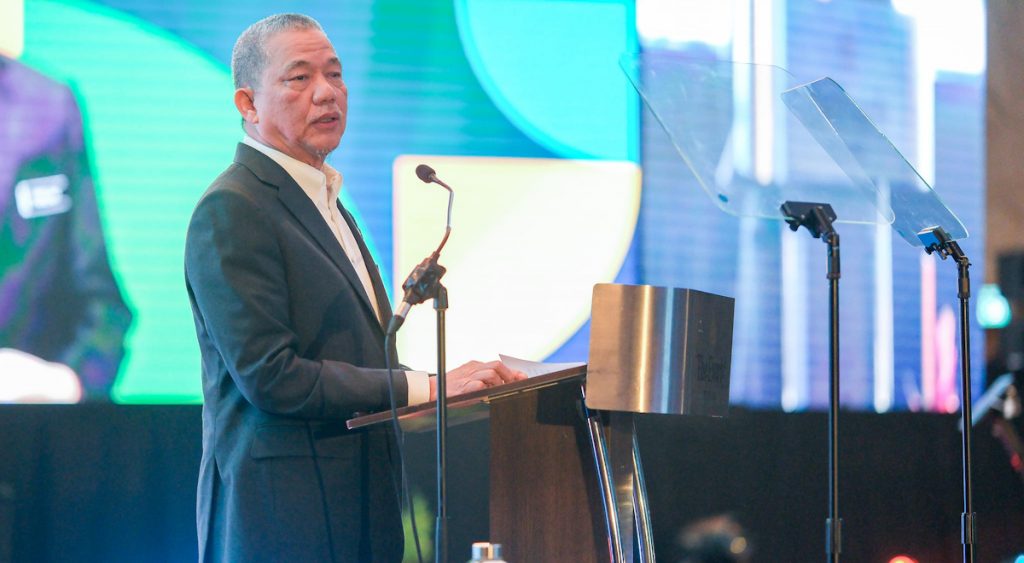
As the chair of NEVSC, it seemed unfathomable that he mispronounced such an important objective. That is unless…he has slipped out something that we are not yet supposed to know?
10,000 EV charger target: too ambitious?
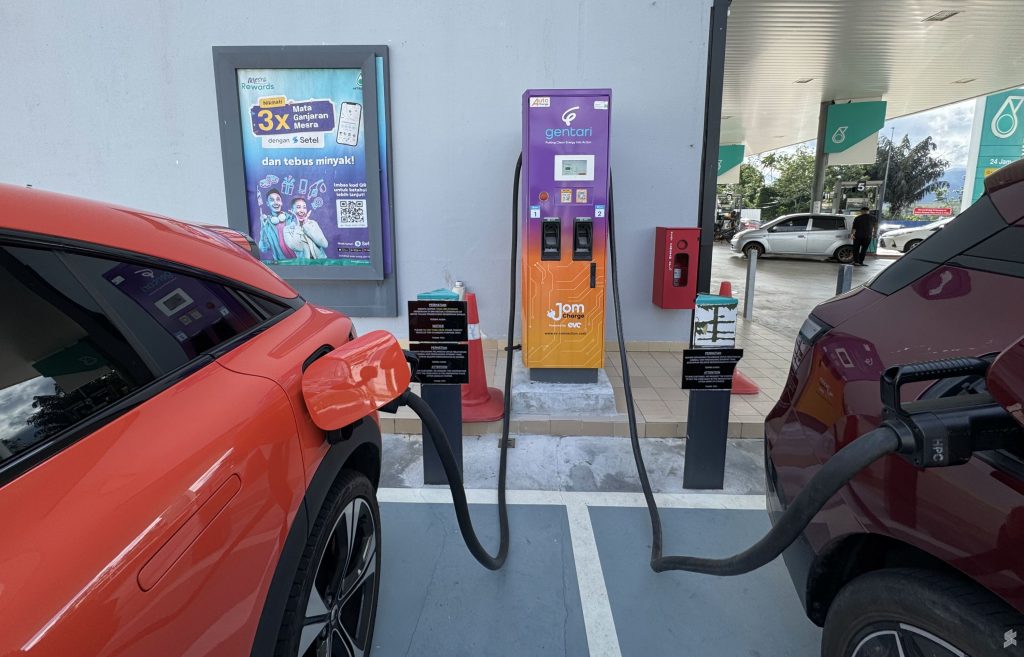
As far as we know, the government’s target of having 10,000 EV chargers throughout Malaysia by the end of 2025 remains the same.
For one, the Investment, Trade, and Industry Minister Tengku Zafrul Aziz has said during a recent Dewan Rakyat session that the government through NEVSC has decided to retain the 10,000 EV chargers target. He added that this decision was made during an NEVSC meeting back in May this year.
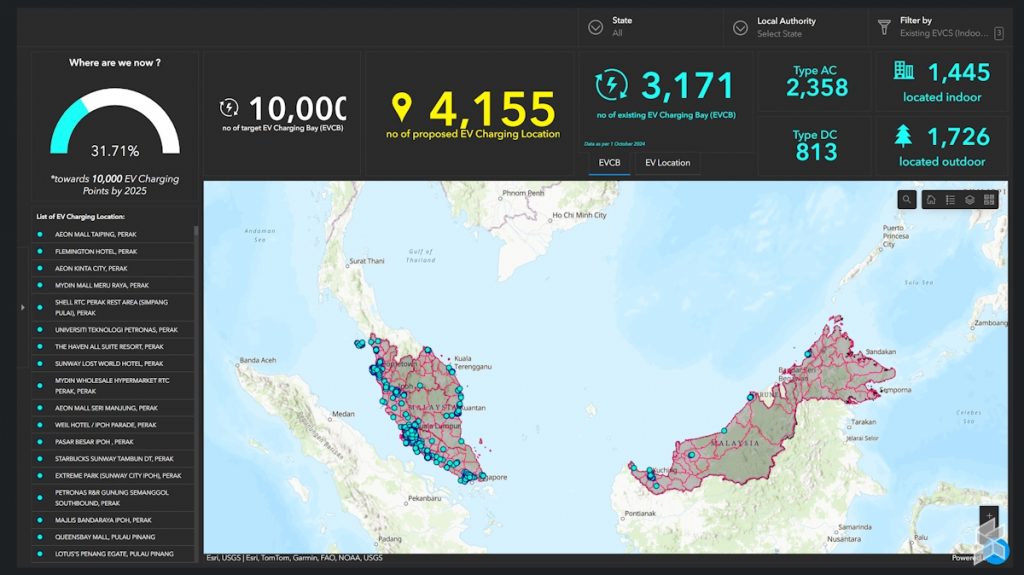
Furthermore, the 2025 10,000 EVCB target is still being displayed on the Malaysia EV Charging Network (MEVnet) dashboard. MEVnet’s latest data stated that there are currently 3,171 EVCB in 1,056 EV charging locations throughout Malaysia, as of 1 October.
With 456 days between 1st October 2024 and 31st December 2025, Malaysia needs to deploy 15 chargers daily to hit the 10,000 chargers target. If the target is extended to the end of 2030, the average figure would be reduced to just 3 chargers daily.
Challenging time for CPOs
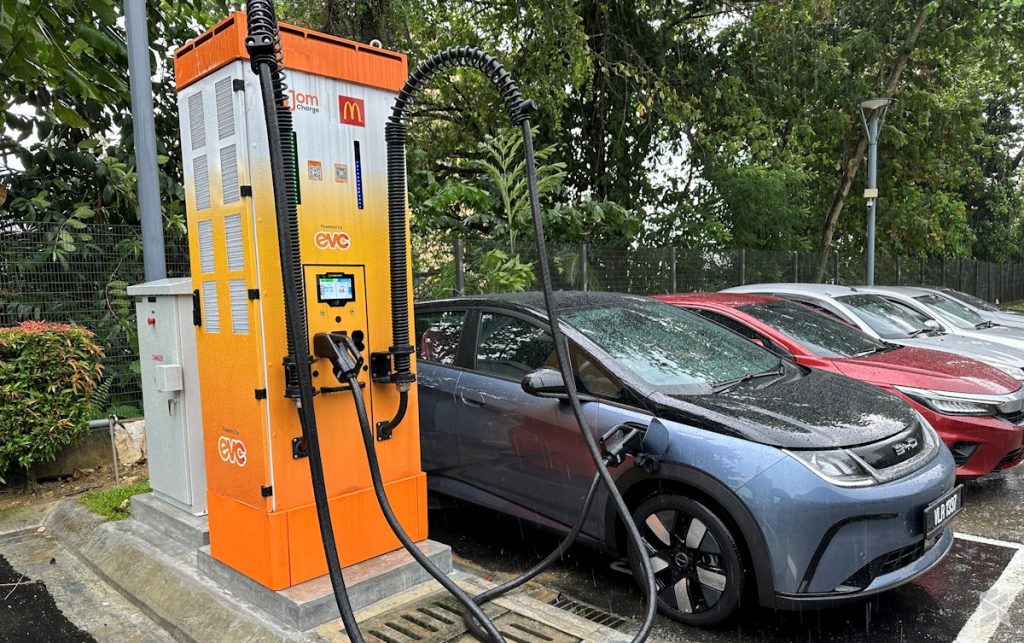
Even though the 10,000 EVCB target was set by the government, they were not the ones who were building the chargers. The development of EV charging infrastructure is mainly being driven by the private sector and the Charge Point Operators (CPOs) are doing it without funding from the government.
Aside from the financial aspect, the CPOs are also facing tons of other challenges. In a recent report by Digital News Asia, three of the largest CPOs in Malaysia ChargEV, Gentari, and JomCharge have listed them including incoherent policies, insufficient tax breaks, and the lack of public awareness towards the true nature of EV charging infrastructure.
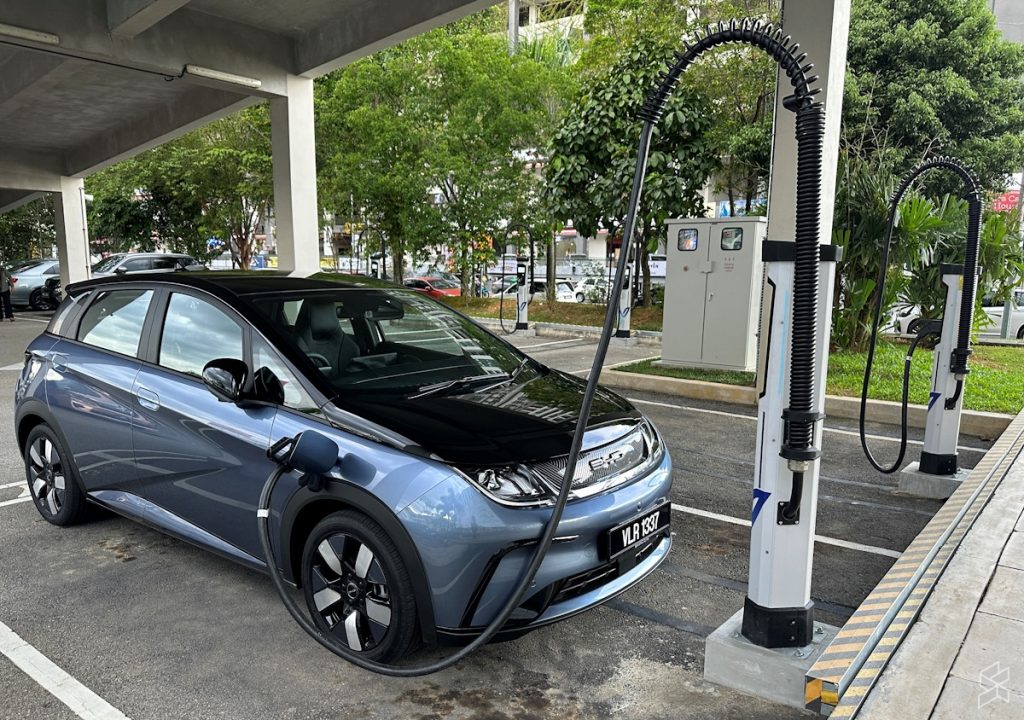
Not only that, CPOs might also have to invest in power infrastructure that they would not be able to own. One such example mentioned in the article is a compact substation in which CPOs have to pass ownership and control to Tenaga Nasional (TNB) even though they are footing the bill.
Malaysia has to accelerate the rollout of EV chargers right now
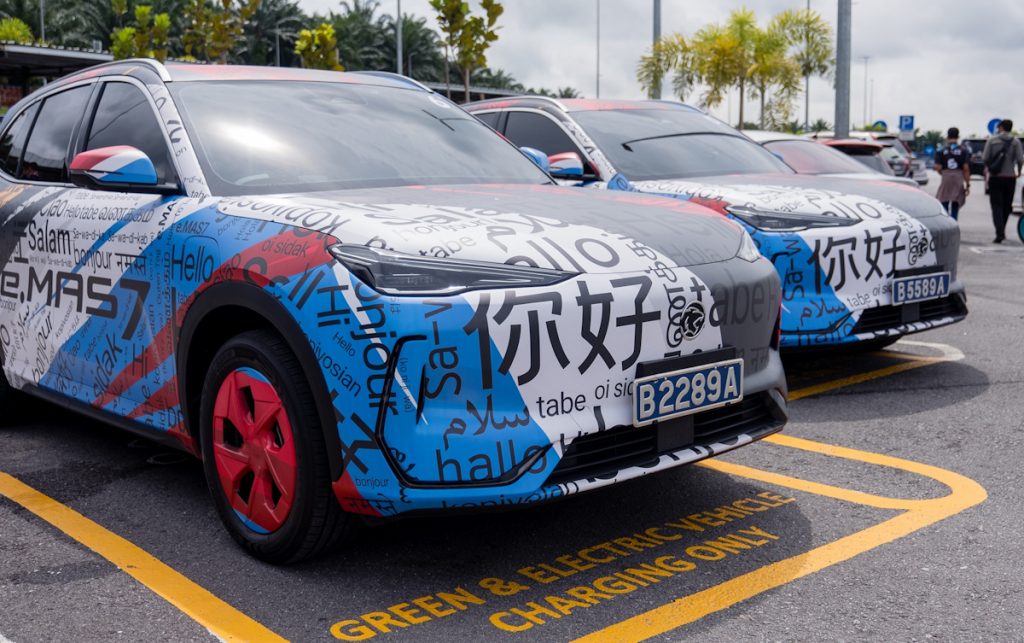
There are many reasons why Malaysia need to ramp up the deployment of EV charging infrastructure as soon as possible. For starters, the rationalisation of the RON95 subsidy next year could rapidly drive the adoption of EVs.
Aside from that, more affordable EV options are expected to be available in Malaysia, especially with the arrival of locally-assembled mainstream EVs that are not subjected to the RM100k minimum price policy set by the government. The launch of Proton e.MAS 7 and Perodua’s upcoming EV will play a big role as well.
Malaysia delays 10,000 EV chargers target from 2025 to 2030?
News Reports PH
0 Comments